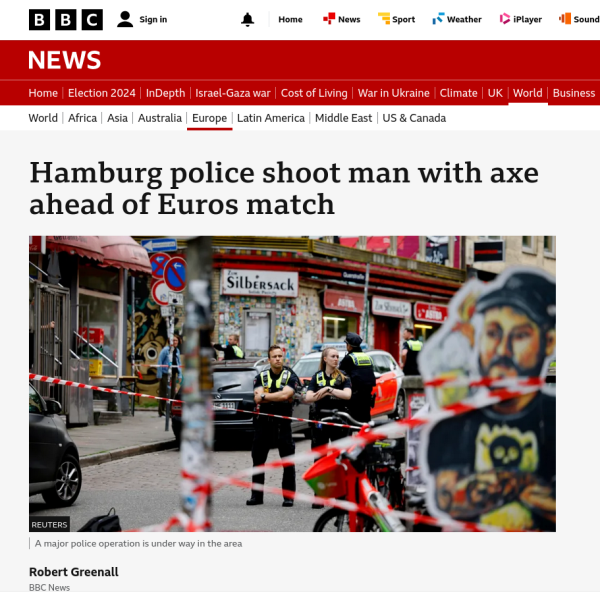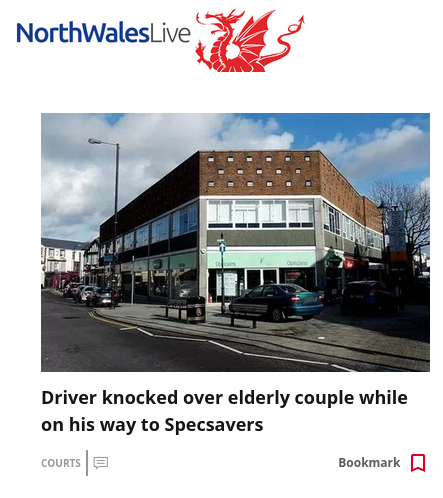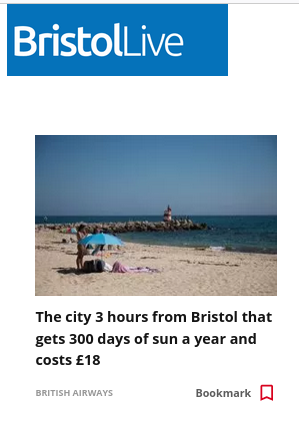BBC exclusive: police turn axe into firearm
As any fool knows, there is a world of difference between edged and bladed weapons such as axes and knives which are used at arm’s length and ranged weapons used at a distance and firing projectiles such as arrows, bullets, shells and the like.
Today’s BBC news site features a world exclusive: the Hamburg police have been able to convert an axe so it fires bullets, thus coming up with a combined edged/bladed and ranged weapon; or if that is not the case, that’s one interpretation that can be placed on the headline in the following screenshot.

If by some chance the German police have not pulled off this incredible feat, somewhere in the depths of Broadcasting House, there is likely some hapless person who fell asleep in or was absent from school English lessons or media studies lectures when the subject of ambiguity – i.e. the quality of something having more than one possible meaning – was brought up.
To save the hapless BBC hack any future embarrassment, your ‘umble scribe suggests that she or he visits Al Jazeera’s piece on the incident to learn how to write an unambiguous headline as per the screenshot below. Note the use of the hyphen, BBC person. 😀

One final thing: the item being carried by the person shot by Hamburg police was not actually an axe, but a slate hammer* (Schieferhammer), a tool used by roofers. This was confirmed by finding a German language media report of the incident, where Schieferhammer figures prominently in the headline. The BBC was not the only British media outlet to misreport the item used by the police’s assailant; the Independent had the man attacking police with a pickaxe.
* = Also known as a slater’s hammer. The photo below illustrates how it could be mistaken for a pickaxe (the hammer in question can just be seen in screenshot of the Al Jazeera report. Ed.). However, how the BBC managed to construe it as an axe is beyond your ‘umble scribe’s ken.













